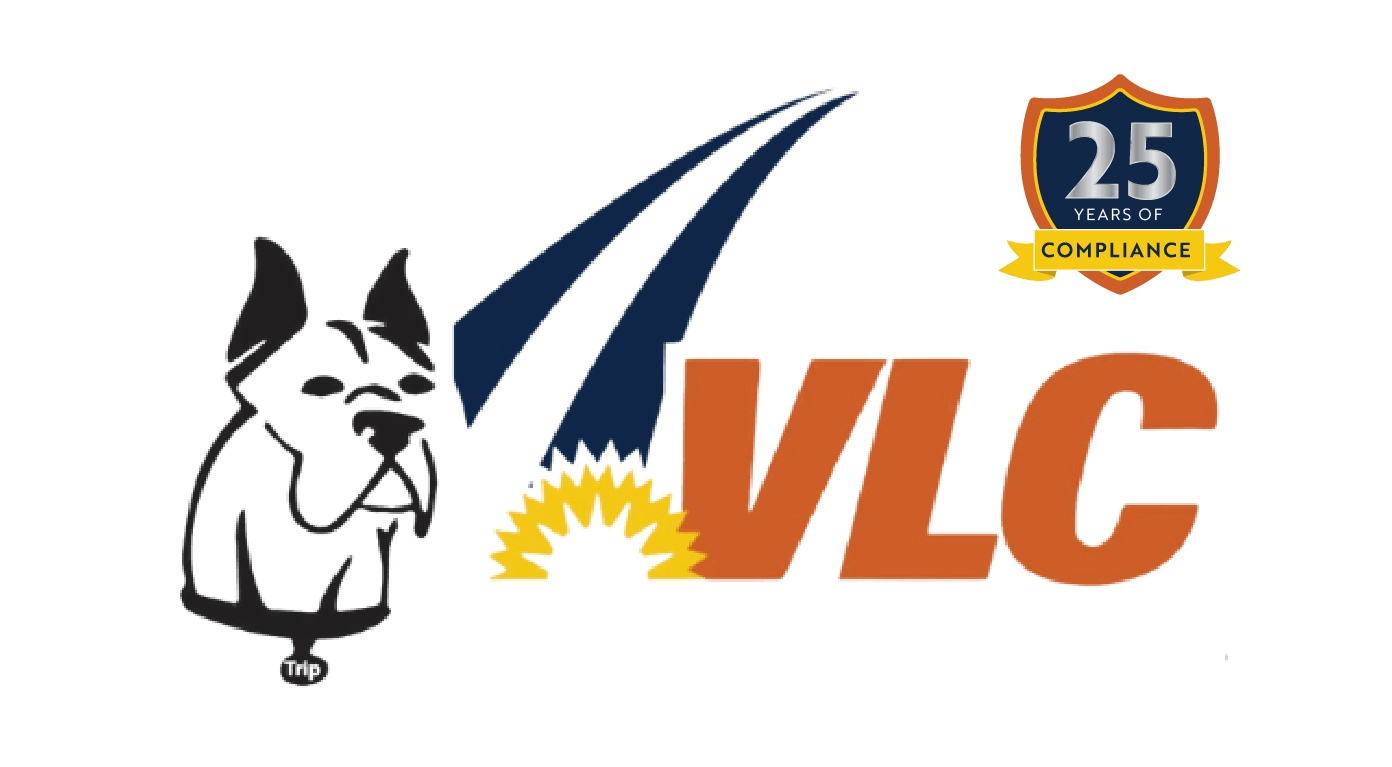If you’re looking into starting up your own trucking or transportation company, it’s critical to understand your regulatory requirements. Commercial transportation in the United States is tightly regulated, and compliance issues can bring steep penalties. For transportation startups, falling afoul of these laws can quickly end the venture.
One of the biggest sources of trouble are regulations relating to Driver Qualification Files (DQFs). These files include a large assortment of information about all of your paid drivers and must be strictly maintained. This includes information from when they were first hired, as well as annual updates on their performance. Scrupulous DQ file management is a necessity, as you could be called upon to provide these files to regulators at almost any time.
So, in this guide, we’ll break down DQ file management requirements: What information you need to keep, what needs to be updated and when, and what penalties you could face if you fail to do so.
I: What Is a Driver Qualification File?
Simply put, a DQF is the master file which proves each driver you employ is properly qualified to operate the machinery they use. It includes an extensive list of documentation – covered in detail below – ranging from the driver’s initial job application to ongoing updated information on driving performance and violations.
This is required by the Department of Transportation and is fully detailed under 49 CFR Part 391. When in doubt, refer to the official legislation to avoid any confusion.
II: What Drivers Need A DQF?
Broadly speaking, assume you need to keep a DQF for any driver you employ who’s operating a motor vehicle for commercial purposes. It is important to note that these regulations are not solely restricted to drivers who have a Commercial Drivers’ License. There are several situations where even a driver without a CDL will still need a DQF on file.
DQ file management regulations cover any licensed driver who operates a commercial vehicle of at least 10,001 pounds gross weight, who transports placarded hazardous materials of any weight, or who carries at least 8 passengers in the vehicle (including themselves). So, for example, a driver in a regular pickup truck transporting a single barrel of hazardous waste would still need a DQF on file.
Our advice is to simply keep a DQF on hand for everyone who drives, to be safe.
III. What Goes into a DQF?
Be aware that DQF requirements tend to change, so it’s always a good idea to check for up-to-date information in your state. However, at the time of writing (July 2022) the current Federal requirements for your DQFs include:
- The driver’s original employment application
- Any pre-employment questionnaires if they are separate from the employment application
- The driver’s Motor Vehicle Record (MVR) at the time of hiring
- Any existing violations on record at the time of hiring
- Medical physical test results and certification of physical fitness
- Documentation of any special medical needs or exemptions, if applicable
- Road test certifications, aside from tests taken by the driver to obtain a CDL
- Verification of past employment, or documentation of good-faith efforts to verify employment if prior employers do not respond
- Annually updated MVR records
- Annually updated records of any violations, accidents, or other incidents
In addition to this, there are requirements relating to how long particular pieces of information need to be kept on file, even past the end of the driver’s employment. These requirements currently are:
- The DQF itself: Throughout employment and three years after
- Individual elements relating to the driver’s MVR, health records, drug tests, and violations are kept for three years, then cycled out and replaced with newer information.
- Accident register: three years
- Positive drug test results: five years
- Negative drug tests: one year
- Driving logs and supporting documentation: six months
- Daily Vehicle Inspection Reports (DVIRs): Three months
- Vehicle inspection, maintenance, and repair reports: Cycled after one year, and retained for six months after the vehicle leaves your control
As you can see, there is a lot of specific information that needs to be kept, and with very precise time requirements as well. These must be followed exactly, or else penalties could be assessed.
IV: What Are the Penalties for DQ File Management Non-Compliance?
The DOT is empowered to conduct audits of DQFs at virtually any time if there are indications of compliance or safety regulation violations. This is particularly likely if a driver is involved in an accident or a major moving violation. Just assume your records will be audited if there’s a significant incident.
It’s worth mentioning that these files can also provide protection for your company. If a driver is involved in an accident due to their own negligence, you will be expected to demonstrate that you had performed all due diligence to guarantee their fitness, or else you may share in their legal burdens. With properly maintained DQ file management, you can avoid blame for your drivers’ mistakes.
However, DQF violations are common. Thousands of violations are documented per year and typically cost upwards of $600 per individual item which is out of compliance. When the DOT finds DQF violations, the cost to a company is typically, on average, over $6,000 due to multiple violations stacking. Some specific violations, such as allowing drivers to operate a vehicle without documented physical examinations, can carry fines over $11,000 per violation.
In short, these penalties can be absolutely disastrous for a small startup, and a significant burden for even large companies which should be avoided at all costs.
V: Protect Yourself with DQ File Management Software
The best way to maintain compliance with DQF management regulations is with smart software packages.
By digitizing your DQFs and keeping them in a central database, software systems make it easy to track and update DQFs whenever needed. Better yet, these solutions are smart enough to monitor your files and provide automated alerts when updates are needed. So, there’s far less chance of a driver’s physical exams being overlooked, or of old information not being properly removed from the DQF as required.
DQMConnect™ from VLC simplifies DQ file management, and helps you avoid costly fines! Contact us to learn more about how DQMConnect can protect your operation!



